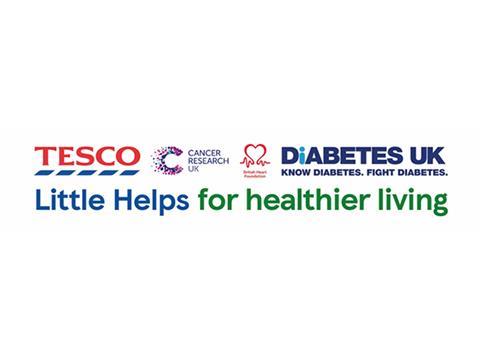
Tesco CEO Dave Lewis has urged suppliers to slash the price of healthy products in a bid to help the supermarket fight obesity.
Speaking as the UK’s biggest retailer today launched a five-year plan with three of the UK’s biggest charities to try to nudge shoppers towards healthier diets, Lewis said the prices of many products were “not justifiable” and were leading to consumers choosing less healthy options in their baskets.
In a radical departure from the usual line of organisations such as the BRC, Tesco admitted that many of the most healthy products in its stores were more expensive than less healthy options.
But rather than “choice edit” Tesco’s product lineup to skew promotions to such products, Lewis called on suppliers to bring down the cost of products, which would help safeguard against diseases such as cancer and obesity.
“In some cases it’s justifiable that healthy alternatives are more expensive,” Lewis told the launch of the Little Helps to Healthier Living strategy. “But frankly in other cases it is not. So I look to our supplier bases to ask themselves are they really being consistent over their own social responsibility and health commitments if there is a price difference when we know that is a barrier.”
Working in partnership with Cancer Research UK, Diabetes UK and the British Heart Foundation, Tesco is promising a big expansion for the Little Helps to Healthier Living programme, which was first trialled in May last year and which it claimed had succeeded in nudging shoppers of all ages towards buying healthier baskets.
The initiative saw more than 5,000 health lines offered at the same price or cheaper than similar products higher in salt, fat or sugar.
Tesco’s chief customer officer Alessandra Bellini said the activity had proved that “nudge policies” could work but said it had been limited by the cost of many healthy products, which put them out of reach of hard pressed families, the category of shoppers that showed the least benefit from Tesco’s nudge policy.
“In some cases it is true that the more healthy products are more expensive,” she said. “Shoppers should not have to pay more to eat more healthily.”
Lewis said he believed the scale of Tesco’s stores combined with the reach of the big charities had the potential to react faster to the threat posed by obesity than government legislation.
He cited the move to slash added sugar from its entire own-label soft drinks aisle lineup, which he said had shown it could achieve action faster than regulation, claiming it had been faster and more effective than the Soft Drinks Industry Levy due to come into force in April.
But speaking to The Grocer he insisted the new campaign would not involve Tesco removing choice from customers, despite the previous backlash over moves such as its removal of added-sugar Ribena from the kids’ aisle.
Lewis said: “What we don’t believe is that we should be choice editing. The moment you start preaching at customers is the moment that we drive them elsewhere and we turn them off.”
The supermarket launched the first activity of the new Little Helps activity last week with a campaign to encourage parents to swap unhealthy snacks for products such as fruit, and by running price promotions on vegetables.
To promote the new campaign Tesco will also send 20,000 customers a box of healthy products, in a bid to show that they don’t have to sacrifice taste to swap for healthier options.
The five-year plan will also include a major programme to make Tesco’s 300,000 staff more healthy, with fitness and diet advice and new menus for staff canteens.
The charities will train Tesco pharmacists to help them better support customers in the prevention and management of heart and circulatory disease, cancer and Type 2 diabetes.
Tesco has also said it will ramp up the sharing of anonymised sales information from Clubcard to help health experts and the government develop public health programmes, although it has insisted such information will always be anonymous, amid fears over customer privacy.
The charities described today’s move as a “landmark” moment in the fight against obesity.
Chris Askew, chief executive of Diabetes UK, added: “This powerful new partnership has the potential to meet, head on, some of the biggest health challenges facing people living in the UK today. Today is an exciting day: together, we’ll be able to reach the millions of people at risk of type 2 diabetes, cardiovascular disease and cancer, and help them make positive changes to their health in a way we’d never have been able to do working alone.”







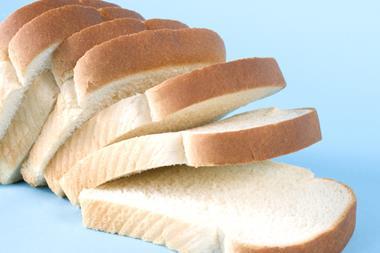
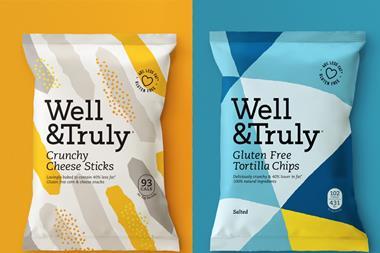
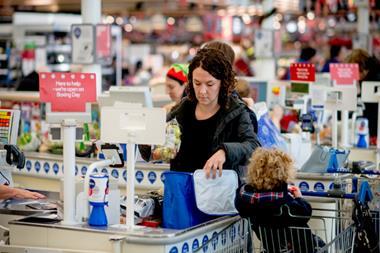
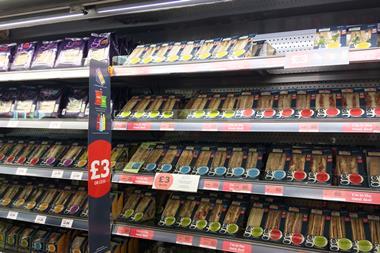
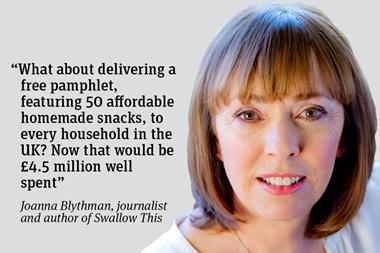
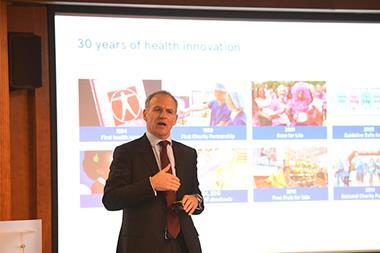






2 Readers' comments